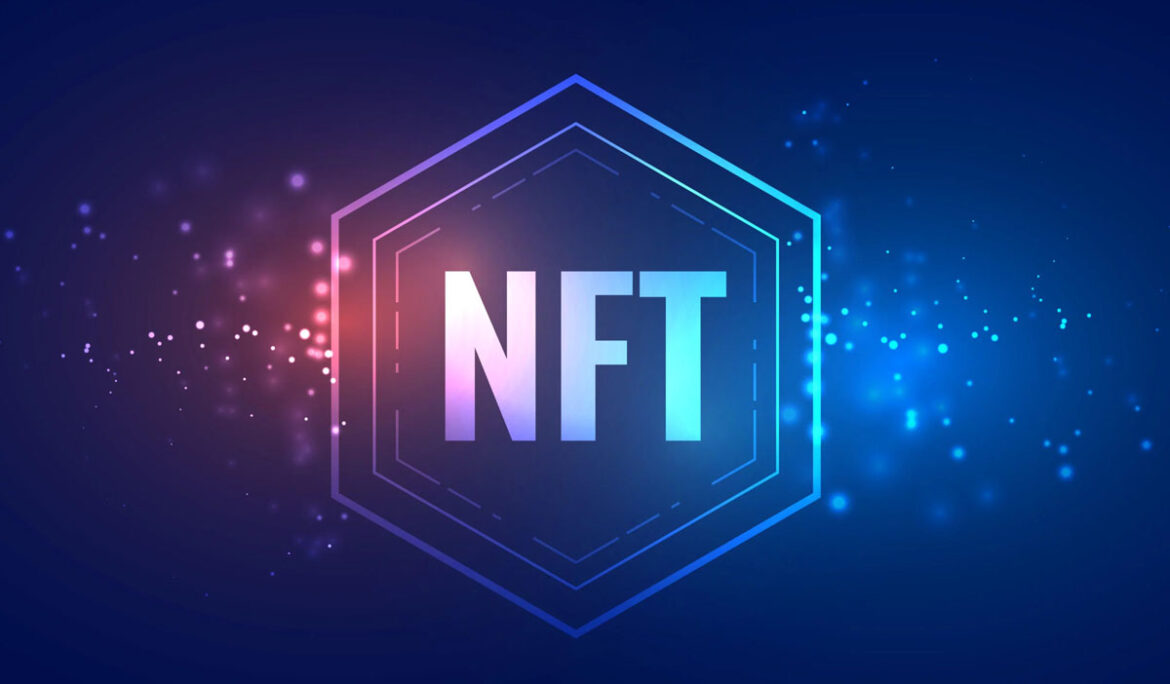
The sale of non-fungible tokens (NFTs) has exploded during the COVID-19 pandemic and is dominating the news lately, but are there any legal issues surrounding the phenomenon?
Artists, collectors, investors, and businesses have all been scrambling to capitalise on the potential of NFTs and fully understand how the market works.
With NFT sales now running into billions, the market faces issues such as copyright, intellectual property rights, anti-money laundering regulations and estate planning.
In February, Her Majesty’s Revenue and Customs said three people had been arrested on suspicion of attempting to defraud it of £1.4 million, making it the first instance of UK law enforcement to seize an NFT.
What is an NFT?
An NFT is basically a unique token attached to a digital asset – like an image, a song, an animation or a video – for which ownership is logged and authenticated using decentralised blockchain technology, primarily cryptocurrency Ethereum.
Once the token is logged, every transaction, including future transfers and sales, is recorded on the blockchain, creating an easily accessible record of authenticity and ownership, which cannot be deleted or counterfeited.
This blockchain technology has created a market for the sale and resale of NFTs and the associated assets.
While there might be many identical pieces (e.g. a picture downloaded millions of times), the digital artist can sell one highly-valued piece as being an authentic original.
This way, the NFT market mirrors the traditional art market, where original artwork is considered to be worth substantially more than mass-produced prints.
One notable high-profile example of an NFT sale was when Twitter’s founder Jack Dorsey sold the first-ever tweet for US$2.9 million.
The potential legal pitfalls
The NFT market is rapidly evolving, and the legal and regulatory issues tied to digital assets are lagging behind. These issues include intellectual property law and estate planning among others.
SO Legal, a UK based firm, has identified the following unresolved legal considerations regarding NFTs:
- Copyright – When you buy an NFT, you are not purchasing the digital work itself. Copyright relating to the artwork does not automatically transfer with the sale of the NFT. The artwork creator or the third-party seller can retain the right to copy, distribute, modify, and publicly display or perform the art.
- Privacy and data protection laws – Some data protection laws give individuals the right to erase their data. The immutable nature of blockchain technology might make this right functionally impossible to exercise. As a result, NFTs that contain personal information might violate data protection laws.
- Property law – It is important to consider which legal system governs your ability to sell or secure an NFT. The asset’s location generally determines property law. However, NFTs represent a unique copy of the asset rather than the underlying asset itself.
- Money laundering – The value of NFT transactions and the widespread use of cryptocurrency inevitably raises concerns about whether these transactions are being used to circumvent anti-money laundering regulations.
- Regulatory – NFTs are non-fungible. Unlike cryptocurrencies, they cannot be traded or exchanged at equivalency. They are not securities and are not subject to securities regulations in many countries. Unregulated NFT transactions, including “wash trading”, would be banned in traditional investment markets like equities because they give an artificial impression of demand for an asset.
- Taxation issues – As with cryptocurrencies, the law has been slow to catch up with NFTs and taxation – with difficulties in determining where NFTs are situated for tax purposes. While HMRC has issued a manual HMRC Cryptoassets Manual, there has been no publicly published guidance on their UK tax treatment, so NFTs fall into something of a tax black hole.
- Security – Investors should be wary of the security threats posed by cyber-hacking and other online threats. An NFT and the asset it represents are typically stored separately. While the blockchain ledger is immutable, the digital artwork itself may not be as secure – for example, if hosted on the servers of a third-party website that is not secure.
- Estate and succession planning – As with other digital assets, one question that will become increasingly important over time is how the UK’s legal framework can deal with NFTs on the owner’s death. Leaving digitally stored assets to the next generation can lead to difficulties for executors.
Conclusions
The rapid rise of NFTs over the last year means that the law has not yet fully caught up, and investors and collectors are strongly advised to conduct rigorous due diligence when purchasing these. If you are still in doubt, feel free to contact an attorney.


